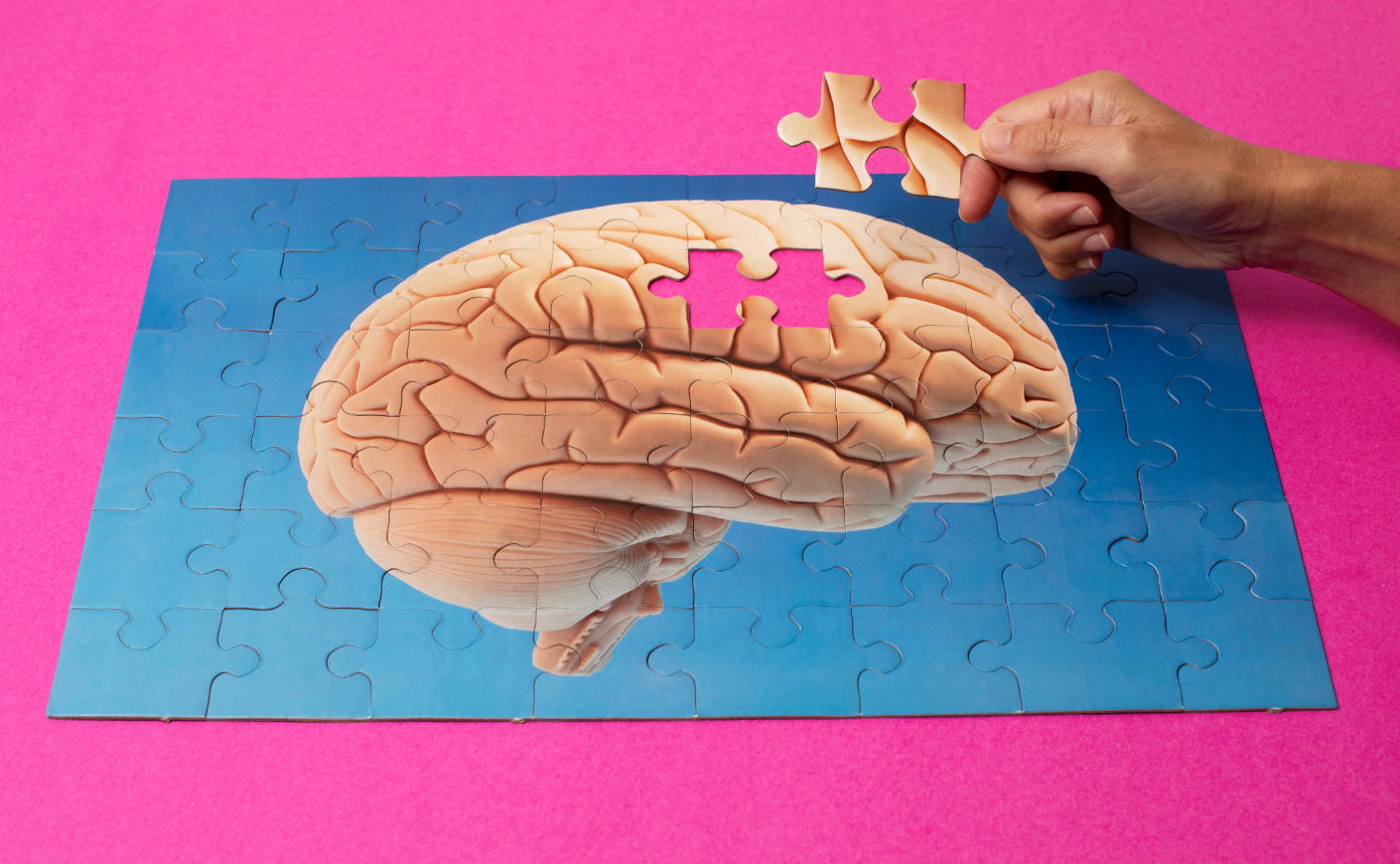The Alzheimer's enigma has puzzled researchers for decades.
More than 7 million Americans are living with the neurodegenerative condition, and it's projected that by 2060, that number will double. Still, scientists haven't quite pieced together the root cause. They've come across some intriguing clues — like the unusual buildup of certain proteins in the brains of people with Alzheimer's — but haven't been able to pinpoint what's fundamentally driving the disease.
But a team at Harvard Medical School may have come across a breakthrough. The group — led by Bruce Yankner, MD, Ph.D. — has linked Alzheimer's with a deficiency of lithium in the brain. Lithium is a metal that's used in the batteries that power our laptops and phones, and is commonly prescribed to treat bipolar disorder. But Dr. Yankner's team also discovered that the metal naturally occurs in the brain — and may play a major role in shielding it from neurodegeneration.
Lithium levels and Alzheimer's risk
Dr. Yankner and his team first zeroed in on lithium about 10 years ago while studying a protein called REST that's believed to protect against Alzheimer's and is activated by the compound. Researchers analyzed the brain tissue of cognitively healthy people and those with advanced Alzheimer's, and found that levels of the compound were high in the first group and plunged dramatically in patients with the disease.
They then went one step further by testing whether low lithium levels could lead mice to develop Alzheimer's. Researchers fed the animals a low-lithium diet, which brought their levels down to what's typically seen in people with Alzheimer's, and found that it "actually spurred the pathology of the disease and led to memory loss," Dr. Yankner tells us. And researchers were able to reverse that memory loss and clear the brain of certain hallmarks of the disease, like inflammation and the accumulation of proteins called amyloid plaques, by giving the mice a very low dose of lithium orotate.
Dr. Yankner and his team experimented with several different types of lithium compounds, including the one commonly prescribed for bipolar disorder, and found that lithium orotate was the most effective. That's because the compound can "evade" amyloid, while others bind to it and become inactive, Dr. Yankner says.
Can you naturally boost your lithium levels?
Many foods contain lithium, Dr. Yankner tells us. Green leafy vegetables, nuts, legumes, lentils, and chickpeas are all great sources of lithium, as are some spices like turmeric and cumin. "Interestingly, these foods are all core components of the so-called Mediterranean diet," he says. "So my colleagues and I have been wondering whether that could be one of the benefits."
It can also be found in mineral water. There are lithium orotate supplements available online, but Dr. Yankner cautions against taking them: "As encouraging as these mouse studies are, until we see it in humans, we cannot say definitively whether it would be safe or not and what is the best effective dose."
The future of lithium and Alzheimer's research
The potential applications of this research are very exciting. It's possible that one day lithium tests could be used to detect early-stage Alzheimer's and could maybe even be used as a therapeutic treatment. Dr. Yankner informs us that extensive research is still required to determine the safety and effectiveness of the compound in humans, but his team hopes to initiate clinical trials within the next year.









